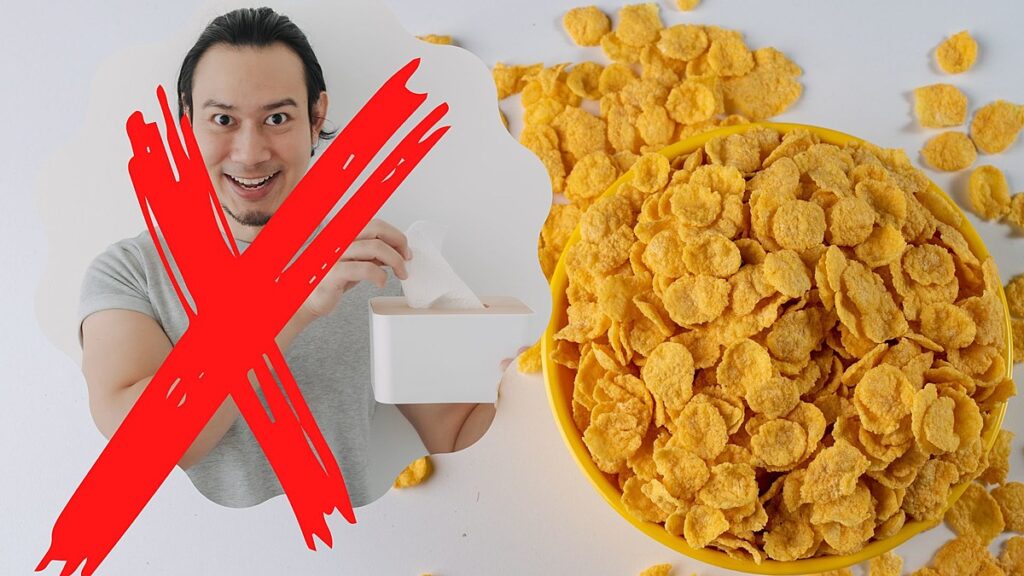Considered to once be a healthy option for breakfast, the FDA now says, nope.
Health standards are no stranger to change. Eggs got caught in the middle early on in the ongoing debate about what is healthy and what isn’t healthy. As science evolves, we learn more about what health standards should be for the majority of the public, and health standards change.
The understanding of eggs created a divide in what was considered healthy or not healthy. At one point, the egg yolk was considered to be the unhealthy portion of the egg because of cholesterol. Then science evolved and now the Mayo Clinic reports it is considered healthy as long as most people don’t consume more than seven eggs a week.
One thing to consider is what is being cooked in addition to the eggs, like cheese, bacon and butter. The addition of these tasty ingredients changes what is considered healthy. Science is not static. It changes, and as bodies grow and develop differently, so do the nutrients and calories needed to be the healthiest possible.

Surprising Cereals No Longer Considered Healthy
The Food and Drug Administration is making changes as to what should be considered healthy. This created a surprising list of breakfast cereals that should no longer be considered healthy. The FDA is charged with the task of protecting the general public when it comes to health and safety, holding corporations accountable for making accurate claims about the ingredients and effects of products consumed by Americans.
While consumers are capable of reading labels and consuming products of their choice, it is important to know what is ‘most’ accurate. Cereals Gen X and Millennials and even Boomers have grown to believe are a healthy choice for breakfast are about to be shocked.
Kellogg’s (K) cereals Special K, Frosted Mini Wheats, and Raisin Bran are included in the list by the FDA as no longer being considered a healthy choice for breakfast. These cereals have added sugars and more sodium than the new FDA proposed health standard. Raisin Bran has 9 grams of added sugar and Frosted Mini Wheats has 12 grams of added sugars, while Special K only has 4 grams of added sugar, but also has 270 milligrams of sodium.
General Mills‘ (GIS) cereals that made the FDA’s list were Honey Nut Cheerios and Corn Flakes. These have long been considered healthy options when considering cereals for breakfast. Honey Nut Cheerios has 12 grams of added sugars and Corn Flakes only has 4 grams of added sugars but has 300 milligrams of sodium.
Post Holding Co‘s (POST) Honey Bunches of Oats, Honey Roasted made the FDA’s list because it has 8 grams of added sugars, and a PepsiCo (PEP) subsidiary Quaker Oats’s Life cereal made the list with 8 grams of added sugars.
To the layman, these terms may not make a lot of sense. So to break it down, the standard for sodium intake for one meal is 230 milligrams and only 2.5 added grams of sugars. The FDA is making an effort to curb the general consumer’s understanding of what is healthy versus what appears to be healthy choices.
Making the Most Out of the Important Meal of the Day
Most cereals are rarely healthy, but some are healthier than others, and while the FDA is marking these breakfast favorites as ‘not healthy’ they are still healthier than other cereal choices. One of the worst breakfast cereals out there is Post Consumer Brands’ Golden Crisp. It is mostly made up of sugar and corn syrup. It has 18 grams of sugar per serving. For the mathematicians that’s over seven times the new FDA’s healthy standard.
A few well-balanced breakfasts, according to the Harvard Health Publishing, would be plain yogurt with fruit and nuts, oatmeal with fruit and nuts or whole wheat or rye toast with a nut butter. Starting the day with protein and minimal carbohydrates is a good breakfast choice, it said. A good rule of thumb is the less processed a food is, the better it is for you. While not true in all instances, it’s still pretty consistent when you don’t want to spend time reading ingredients and box labels before every meal.
